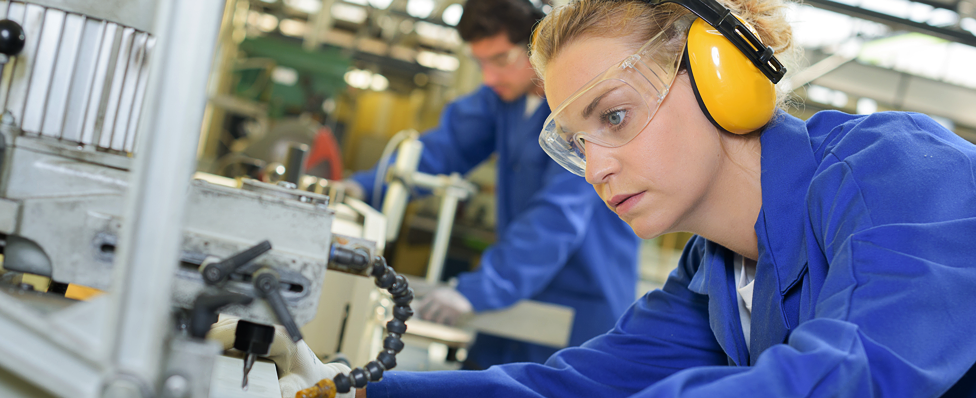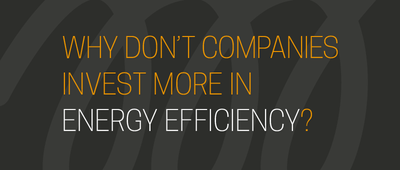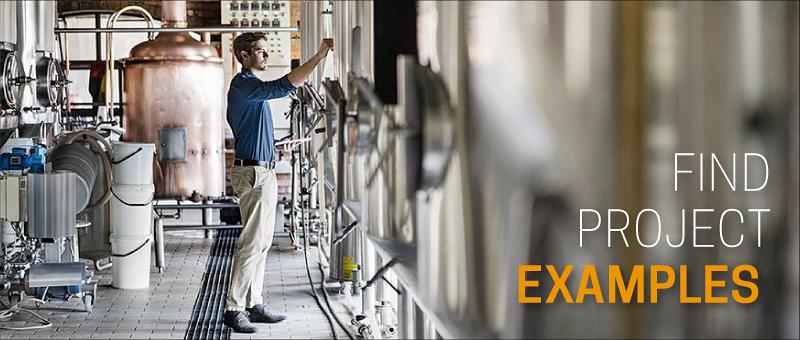Columnists: Delia Villagrasa,

Published on: 11 Mar 2024
We need to talk about heating and cooling
When I was asked to lead the Cool Heating Coalition – a recently formed group of NGOs and think tanks advocating for renewable and affordable heating and cooling – I knew that this was an offer I could not refuse. My working life over the past thirty years has focused on climate and energy issues, stemming from my belief that climate change is the overarching challenge of our times. And with heating and cooling accounting for around half of energy consumption in the European Union, we simply can’t reach our climate targets without decarbonizing heating and cooling.
I understand that this fundamental goal of our coalition intersects with the ambitions of eceee’s membership, who rightly regard an energy-efficient economy as the only viable future option.
Indeed, our aims are closely aligned: for example, the Cool Heating Coalition asks that the next Commission develops a dedicated action plan for decarbonizing heating and cooling anchored in the ‘energy efficiency first’ principle. Three eceee members: Buildings Performance Institute Europe (BPIE), European Environmental Bureau (EEB), and the Regulatory Assistance Project (RAP), are represented on our steering committee, further ensuring policy coherence.
The war in Ukraine and Russia’s weaponization of gas supply has highlighted the risks and vulnerabilities inherent in the European Union’s continued fossil fuel import dependency. Currently, much of the EU’s heating and cooling demand is powered by fossil fuels, predominantly gas. In fact, the use of gas for household heating, cooling and cooking accounts for more than two-fifths of total EU gas consumption. A policy framework that enables the switch to sustainable, renewable and affordable heating and cooling solutions will cut the EU's overall fossil fuel import dependency and, crucially, increase our energy sovereignty and security.
Affordability is also a leading issue, in order that society as a whole can benefit from the energy transition in everyday life. Levers here include carbon pricing revenue, redirecting subsidies away from fossil fuels and polluting biomass towards energy renovation and clean heat solutions, and sending clear market signals in the way in which electricity, renewables and fossil fuels are taxed. The aim is to ensure equitable access to sustainable heating and cooling, particularly for lower income households, and enable broad support for, and participation in, the heat transition.
In fact, renewable and affordable heating and cooling represents a major socio-economic opportunity. But a heightened policy focus on heating and cooling however is essential: although heat pumps, geothermal and solar thermal have been considered mature technologies for some years already, the current rate of deployment is too slow to meet our climate targets. As of 2021, these solutions provided less than 5% of all residential heating and cooling.
Accelerating the rollout of clean heating and cooling will provide a major boost to EU industry. The EU is home for just under 20% of heat pump manufacturing capacity globally, with large potential for growth, solar thermal has a strong manufacturing capacity in Europe and is a net global exporter, and the geothermal industry not only has the potential to supply 25% of the EU population, but with mineral extraction from geothermal fluids is set to become a key player in the production of sustainable lithium.
I hope very much that you will endorse these and other heating and cooling policy priorities identified by our coalition. There’s plenty on the agenda, and a lot of work to be done - and as a brand-new organisation in start-up mode, the coalition needs your support. Please do engage with the coalition secretariat, and its members and topics represented at the upcoming eceee summer school: Marco Grippa from the Environmental Coalition on Standards (ECOS) will be speaking about the energy efficiency and health advantages of electric versus gas cooking, and Bich Dao from the EEB will be presenting the results of their latest study on the feasibility of a just transition for Europe to run on 100% renewable heat by 2040, with the conclusion arguing that shifting to heat pumps requires as little as half of the annual €3.2 billion fossil heating subsidies paid by Member States. Food for thought!
You can also learn more about us and our work at coolheatingcoalition.eu where we will publish the priority actions that should be advanced in the next EU policy cycle. If you’re in Brussels on Tuesday 19 March then do get in touch [info@coolheatingcoalition.eu] for an invite to our launch event – we’ll be celebrating in style with a traditional Irish ceili. Most importantly, let us know what you think of our heating and cooling policy priorities and how best we can collaborate together for a just transition that will really bring the Green Deal home.







